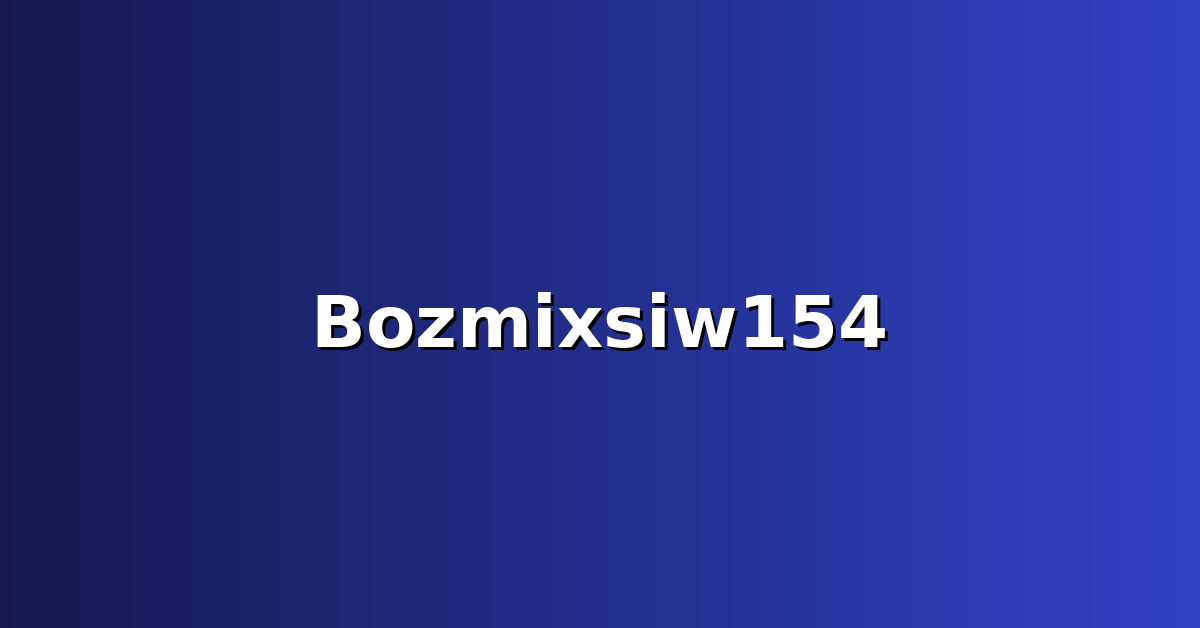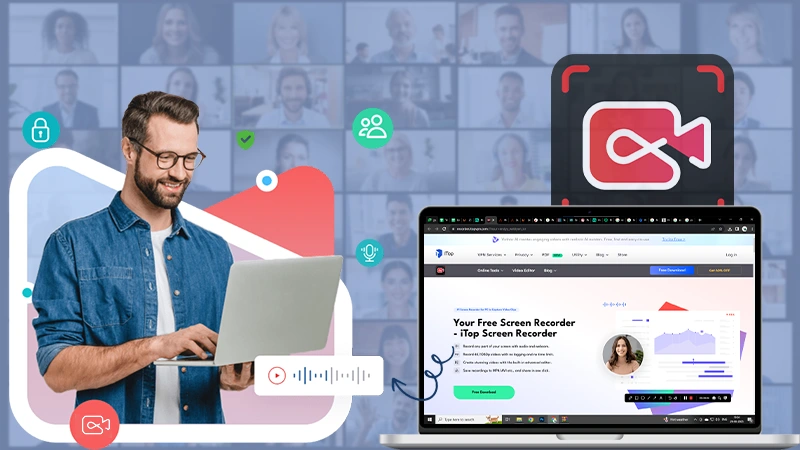7 Skills to Look for Before Hiring Fintech Software Developers
The fintech software development industry is expected to reach $190 billion by 2026, with a 13.7% CAGR. Fintech is an umbrella word for many enterprises that offer financial services using software and technology. This category includes Robo-advisory and asset management firms, online lenders, online banks, peer-to-peer lending platforms, mobile payment firms, and online remittance firms.
The fintech business specializes in disruptive technologies that redefine financial services, alter the economic environment, and erode the market for traditional-only approaches. Fintech democratizes money in various ways, making it more accessible to personal and business users and eliminating the guesswork from financial decision-making.
Fintech Developers Require Fundamental Skills

Since the epidemic, the behavior and habits of fintech users have changed substantially and will continue to evolve shortly. Popular payment methods (contactless payments, e-wallets, and online payments), financial literacy, and consumer understanding of fintech goods have all increased dramatically.
This generates a need for individuals with fundamentally new knowledge and competencies necessary for fintech. A new generation of experts has evolved due to the broad implementation of modern payment infrastructure. Let us now discuss the characteristics that distinguish them and make them helpful.
AI & Machine Learning
Modern solutions depend on data algorithms, which rely on the capacity to read data and make business choices based on it. These are data-driven algorithms for loan approvals, credit limit hikes, and risk assessments. Moving to a decision-making methodology that eliminates human involvement might give apparent commercial advantages.
Of course, machine learning and artificial intelligence have several applications in fintech, so grasping even simple ideas may increase your capacity to contribute to the objective of fintech.
Process automation is one of the most popular uses of machine learning in finance. Businesses that employ process automation may minimize the human component of their labor while still achieving precise outcomes.
Also, Read This: 5 of the Best Digital Marketing Strategies for B2B Business 2022
Automation and DevOps
The need for process automation is increasing. DevOps juggles operations and development at the same time. This results in speedier deployment and more efficiency. Businesses have embraced a DevOps strategy in response to the increased volume of relevant data and the need to automate and process the data.
Blockchain and Distributed Ledger Technology
Blockchain technology is connected with security and is employed in bitcoin or cryptocurrency digital money transactions. Over the previous decade, many customers have seen the value of digital currencies such as Bitcoin, XRP, and Ethereum steadily climb.
These innovations have wreaked havoc on the core banking business. Blockchain technology offers a more straightforward loan procedure, transactions, and money reconciliation by adopting a single, shared, consensual, and’ ledger’- based transaction system.
Blockchains enable the execution of contracts and agreements without lawyers or bureaucratic red tape, assuring the security of investments via intelligent contracts to manage risks effectively. Copyrights are also readily verified.
Programming Capabilities
Python’s Strength
Python is a fantastic programming language for constructing analytic tools, quantitative models, pricing tools, and risk and trade management systems, all of which are utilized in developing trading strategies at hedge funds and investment banks.
Expertise in Java
Financial organizations have extensively used Java programming software since its inception, becoming the banks’ primary programming language.
Fintech software development vendor organizations are currently using Java software for various initiatives, ranging from order management systems to low-latency execution to the in-house risk and valuation platforms. Java is also used to create online pages that are seamless, secure, and load quickly.
C ++ & C#
C++ is an excellent programming language for software infrastructure and applications with low resources. It can quickly analyze large volumes of data and is used to develop applications for technical banking systems. C# is a programming language that is used to simulate and model data as well as to build a Windows-based platform. It makes use of a combination of C and C++ programming languages.
Matlab
Matlab is a quantitative financial programming language that fintech developers use to create user interfaces, devise and apply algorithms, display data functions, and manipulate matrices. Matlab may also communicate with programs written in other languages, including Python, Java, C, C++, and C#.
R Capabilities
Statisticians and data miners utilize the R programming language to construct a broad range of statistical and data analysis applications and Big Data analytics tools. Experts in the R programming language may successfully utilize their expertise in this respect as Big Data grows.
CSS, Javascript, and HTML
HTML, Javascript, and CSS are necessary skills for any software developer. Smooth and quick user interfaces are crucial for customers to interact with online businesses. These core Front-End Development skills give insight into more complex computing difficulties.
ETL Knowledge As ETL technologies become increasingly crucial for efficient data warehousing and organization, Cassandra, Hadoop, and Scala are three Big Data technologies that are gaining acceptance as their usefulness increases in the face of Big Data and cloud computing technology.
Information Science
As technology disrupts and redefines financial services, vast amounts of valuable data are generated, which must be studied, assessed, and inspected. Knowledge of technologies such as Machine Learning, Artificial Intelligence (AI), Big Data, and Deep Learning is required for this aim.
Data science is critical in financial institutions because it helps firms foresee the future via data analysis. Data science may help businesses analyze risks and prevent fraud. Large amounts of data should be visualized and interpreted by data scientists.
Personal Qualities
Administration of Business
Every firm’s ultimate objective is to run like a well-oiled machine, and the person in charge of attaining this is known as a business manager.
The purpose of business management is to adequately agree on a set of responsibilities and their coordination, which is crucial for the success of any fintech organization.
Multitasking
Multitasking is the capacity to do numerous things concurrently while shifting fluidly from one to the next.
Workplace multitasking needs analytic thinking, a strong systems perspective, and a high level of organization.
Communication and Interpersonal Abilities
To surpass those with solely technical talents, the disruptive and fast-paced nature of fintech necessitates intelligent people with a high emotional quotient. Other vital people skills include the capacity to successfully cooperate with others and work in teams and develop connections, exchange ideas, and handle conflict.
Communication skills allow the developer to grasp other team members’ mindsets and working styles and prevent problems.
Problem-Solving and Creativity
The fintech business is facing several technical, legal, and regulatory hurdles and unforeseen developments. To develop innovative answers to such difficulties, fintech experts must be analytical and critical thinkers.
Cybersecurity Knowledge
Fintech startups are particularly exposed to hostile cyber assaults. Such assaults on company financial and cyber systems have economic effects. Still, they may also result in data loss, harm reputations, strain business relationships, have significant legal ramifications, and adversely influence staff morale, possibly leading to more excellent employee turnover rates.
Incident investigation and response capability, governance, risk management and compliance (GRC), digital communication technology, encryption techniques, and analytical abilities are all required.
Create a Team of Fintech Developers with the Right Skills
Fintech software development has the potential to change the way we spend, manage, save, and invest our money. This industry is still being altered by innovation and will be for the foreseeable future. Job seekers interested in this developing area are those who wish to leverage emerging technology to rethink traditional techniques.
Follow Us
Latest Post














